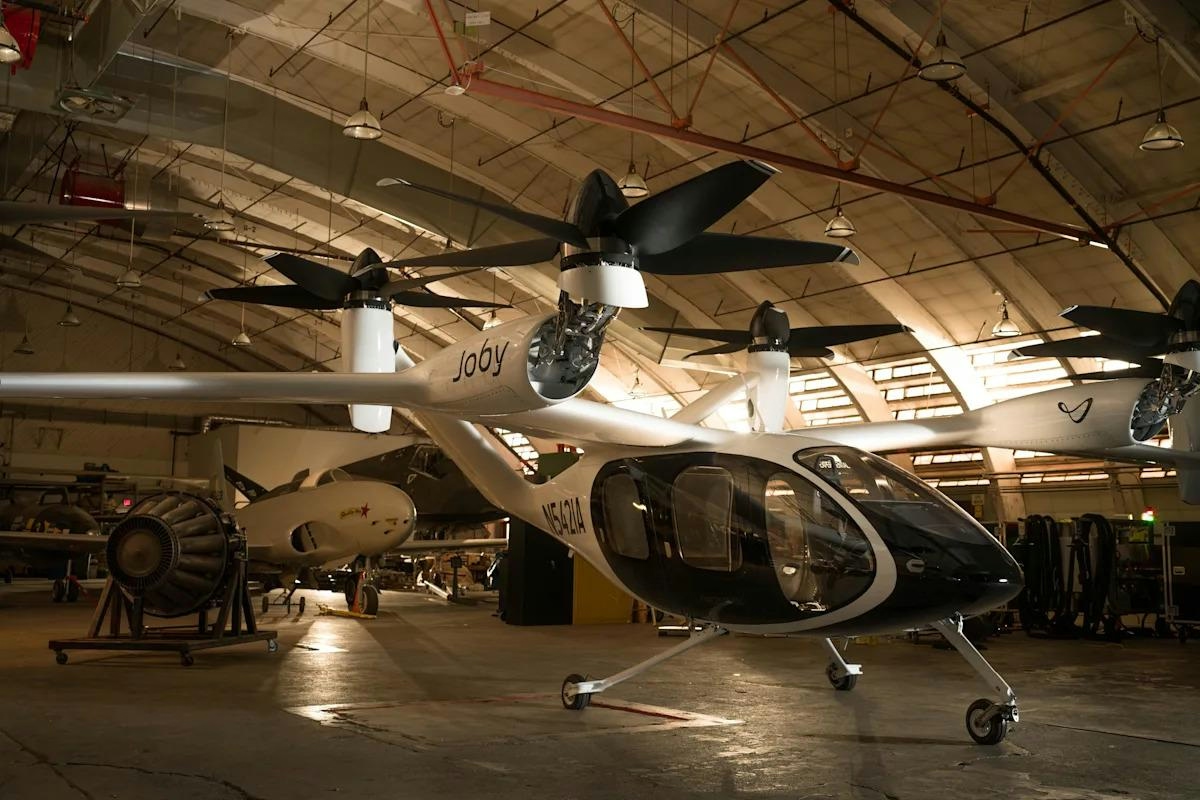AeroGenie — Votre copilote intelligent.
Tendances
Categories
Joby and L3Harris Collaborate on Hybrid Piloted and Autonomous Defense Craft

Joby and L3Harris Collaborate on Hybrid Piloted and Autonomous Defense Craft
Partnership Aims to Revolutionize Military Aviation
Joby Aviation and L3Harris Technologies have announced a strategic partnership to develop a next-generation military aircraft capable of both piloted and autonomous flight. This collaboration seeks to combine Joby’s expertise in electric vertical take-off and landing (eVTOL) technology with L3Harris’s extensive experience in military systems integration and certification. The joint effort reflects a growing interest in leveraging advanced aviation technologies to meet evolving defense requirements.
Testing of the hybrid aircraft is scheduled to commence this fall, with operational demonstrations anticipated by 2026. The design responds to shifting military priorities, particularly in light of recent conflicts such as the war in Ukraine, which have underscored the importance of low-altitude aviation and rapid deployment capabilities. Paul Sciarra, executive chairman of Joby Aviation, emphasized the urgency of advancing such technologies, noting that recent conflicts have transformed perspectives on low-altitude aviation and the need for swift operational readiness.
Focus Areas and Challenges Ahead
Jon Rambeau, president of Integrated Mission Systems at L3Harris, outlined the initial applications for the hybrid craft, highlighting airborne surveillance, reconnaissance, and contested logistics as primary targets. The partnership intends to integrate the aircraft into broader government military exercises to evaluate its performance in realistic operational scenarios.
Despite the promising outlook, the collaboration faces significant challenges. Regulatory approval remains a major hurdle, as the integration of autonomous and piloted systems into military operations demands rigorous certification and oversight. The technical complexity of merging Joby’s eVTOL platforms with L3Harris’s defense systems requires seamless coordination to satisfy stringent military standards. Furthermore, funding uncertainties linked to defense procurement cycles may affect the development timeline and scope.
Market reactions to the announcement have been mixed. Some industry experts express skepticism regarding the commercial viability of defense-oriented eVTOLs, given the nascent stage of electric and hybrid aircraft adoption within the defense sector. Questions persist about the scalability and operational reliability of such platforms in demanding military environments.
Industry Implications and Competitive Landscape
Competitors including Archer Aviation, Beta Technologies, and Vertical Aerospace are closely observing the partnership. Analysts predict that these companies may accelerate their own defense-focused eVTOL initiatives, potentially forging new alliances or intensifying efforts to secure military contracts in response to Joby and L3Harris’s collaboration.
Despite the obstacles, both Joby and L3Harris remain optimistic about the potential impact of their joint project. Success could represent a significant advancement in integrating advanced eVTOL technology into military operations, potentially reshaping the future of defense aviation.

Factors Positioning Airbus for Leadership in 2026

Emirates Unveils Cabin Design for New Boeing 777X

Eighteen Years On, the Airbus A380 Remains Central to a $34 Billion Airline

How a boom in luxury airline seats is slowing down jet deliveries

Navitaire Outage Attributed to Planned Maintenance

Airbus Plans Record Delivery of 870 Aircraft in 2026

DigiYatra Debuts Outside Aviation at India AI Impact Summit

Vietnam Orders Strengthen Boeing’s Commercial Outlook

Airbus Signals Uncertainty Over Future A400M Orders

JobsOhio Awards $2 Million Grant to Hartzell Propeller for Innovation Center
